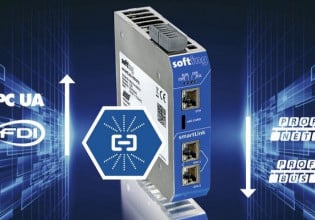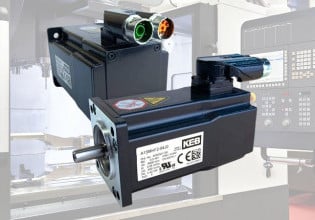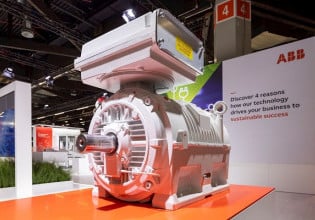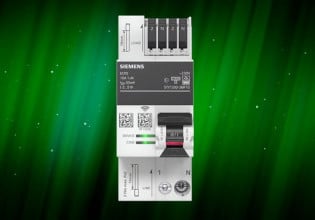Hi all,
I'm new in the forum. I would like to know if there is a way to estimate the total accuracy of a control system composed by a digital PID that regulates a pump with a feedback on a flow sensor.
Considering the accuracy of the sensor component, what are the other variables to take into consideration to calculate the total accuracy? Is it possible to estimate in a theoretical way all the errors?
Thanks
I'm new in the forum. I would like to know if there is a way to estimate the total accuracy of a control system composed by a digital PID that regulates a pump with a feedback on a flow sensor.
Considering the accuracy of the sensor component, what are the other variables to take into consideration to calculate the total accuracy? Is it possible to estimate in a theoretical way all the errors?
Thanks






